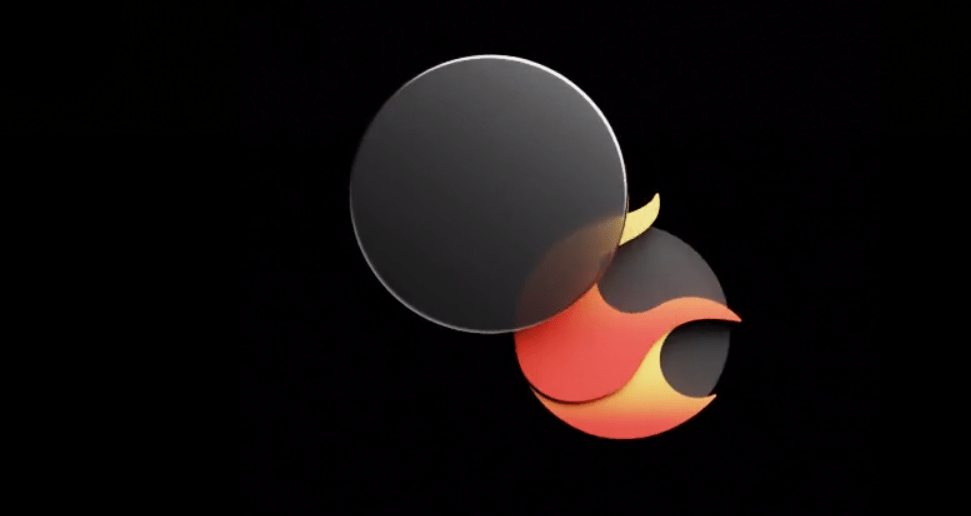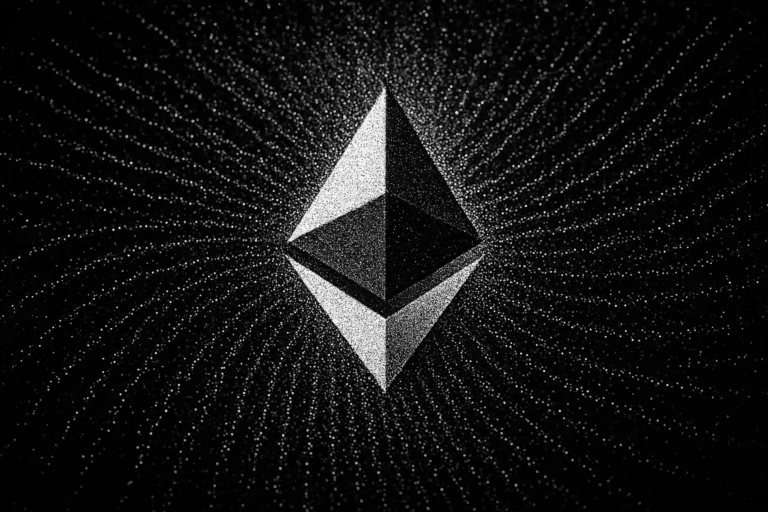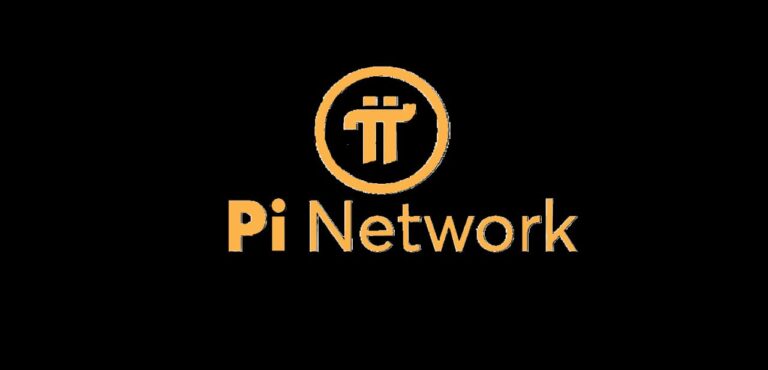
- The Terra Luna Classic community rejected a proposal to expand the validator set from 100 to 130, citing concerns about network readiness.
- This decision follows a $4.5 billion settlement between Terraform Labs, Do Kwon, and the U.S. SEC, adding complexity to ongoing debates on decentralization.
In a recent development that has stirred significant debate within the Terra Luna Classic community, a proposal to expand the validator set from 100 to 130 was decisively rejected. This decision comes amidst a broader context involving a substantial settlement with the U.S. SEC and ongoing efforts to burn LUNC tokens to foster network stability.
Proposal Rejected: A Cautious Approach to Decentralization
The controversial Proposal 12116 aimed to merge efforts with the Terra (LUNA) community by integrating Luna v2 validators into Terra Classic. This move was intended to enhance the network’s decentralization. However, the proposal received only 30.59% “Yes” votes, while 46.17% voted “No,” and 22.59% abstained. Out of the 46 validators who participated, only 10 supported the proposal. Key validators like Allnodes, Luna Station 88, LuncGoblins, and Autism Staking voted against it, citing concerns about the chain’s current readiness for such an expansion.
A representative from Allnodes expressed, “The amount of LUNC required to get into the active set is not burdensome.” This sentiment reflects a cautious approach towards expanding the validator set, emphasizing the need for the network to be fully prepared for such changes to ensure stability and security.
The Aftermath of the SEC Settlement
The backdrop to this validator dispute is a $4.5 billion settlement between Terraform Labs, Do Kwon, and the U.S. SEC. This significant settlement has added layers of complexity to the ongoing debates within the community, particularly concerning the network’s decentralization and governance.
The proposer of the expansion argued that increasing the validator set would strengthen the network’s decentralization and ultimately benefit the LUNC community. However, the opposition’s concerns about the current readiness of the network won out, resulting in the proposal’s rejection.
LUNC Community’s Commitment to Stability
Despite the setback, the Terra Luna Classic community continues to show strong commitment towards enhancing the network’s stability through token burning initiatives. According to recent reports, the total LUNC burned has surpassed 113.71 billion, with Binance users contributing a significant portion of this effort. Binance alone is responsible for about 51.9% of the overall tokens burned by the community, a move that aligns with the broader goal of fostering Terra Luna Classic’s development and stability.
At the time of writing, Terra (LUNA) is priced at $0.4268, reflecting a 4.41% increase in the past day and a 3.01% rise over the past week. The community’s cautious stance on expanding the validator set underscores a deliberate approach to ensuring the network’s readiness and long-term stability.
The decision to halt the validator expansion highlights the Terra Luna Classic community’s careful consideration of the network’s current capabilities and future potential, prioritizing stability and preparedness in their ongoing efforts to enhance decentralization.
zz






